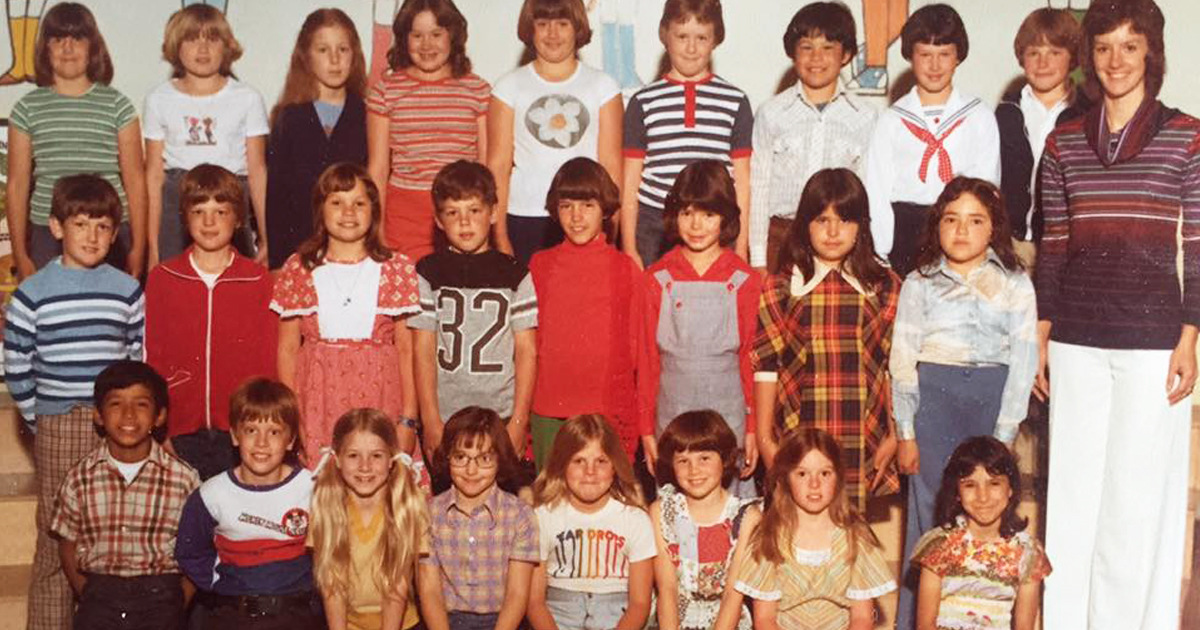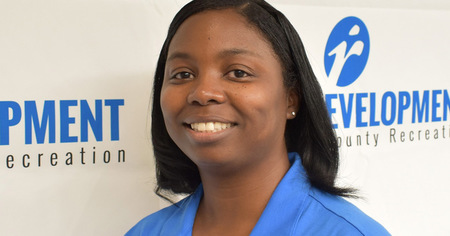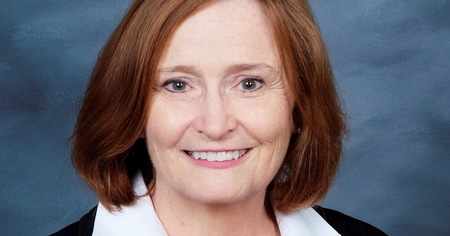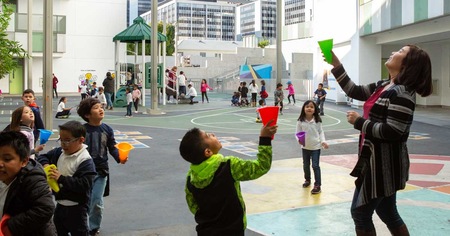The phrase "The Power of One Caring Adult" is often used when talking about these relationships.
Recently, while reflecting on the needs of entry and developing afterschool professionals and leaders, it occurred to me that adults need the same thing—relationships with others who care about their well-being and opportunities to explore interests in a safe environment.
What if we looked at our own development and the development of others in our field through this lens?
What would that look like, and what would the impact be?
That "one caring adult" in my early elementary years was my third-grade teacher, Mrs. Jamison. As I look back, third grade must have been a rough time for me as my parents divorced and battled for custody of me and my brother. Yet I remember the time quite fondly, as I found refuge in that third-grade classroom and the care of an adult that provided consistency, humor and attention ... and lots of academic learning, I'm sure. (After all, I still know cursive, my times tables and the lyrics to "High Hopes"—skills and knowledge that remain useful 39 years later.)
As the school year transitions into summer, I always think of Mrs. Jamison and the note she gave me. (Each one of her students got one. Every single one.) The notecard adorned with Snoopy and Woodstock doing a happy dance together read:
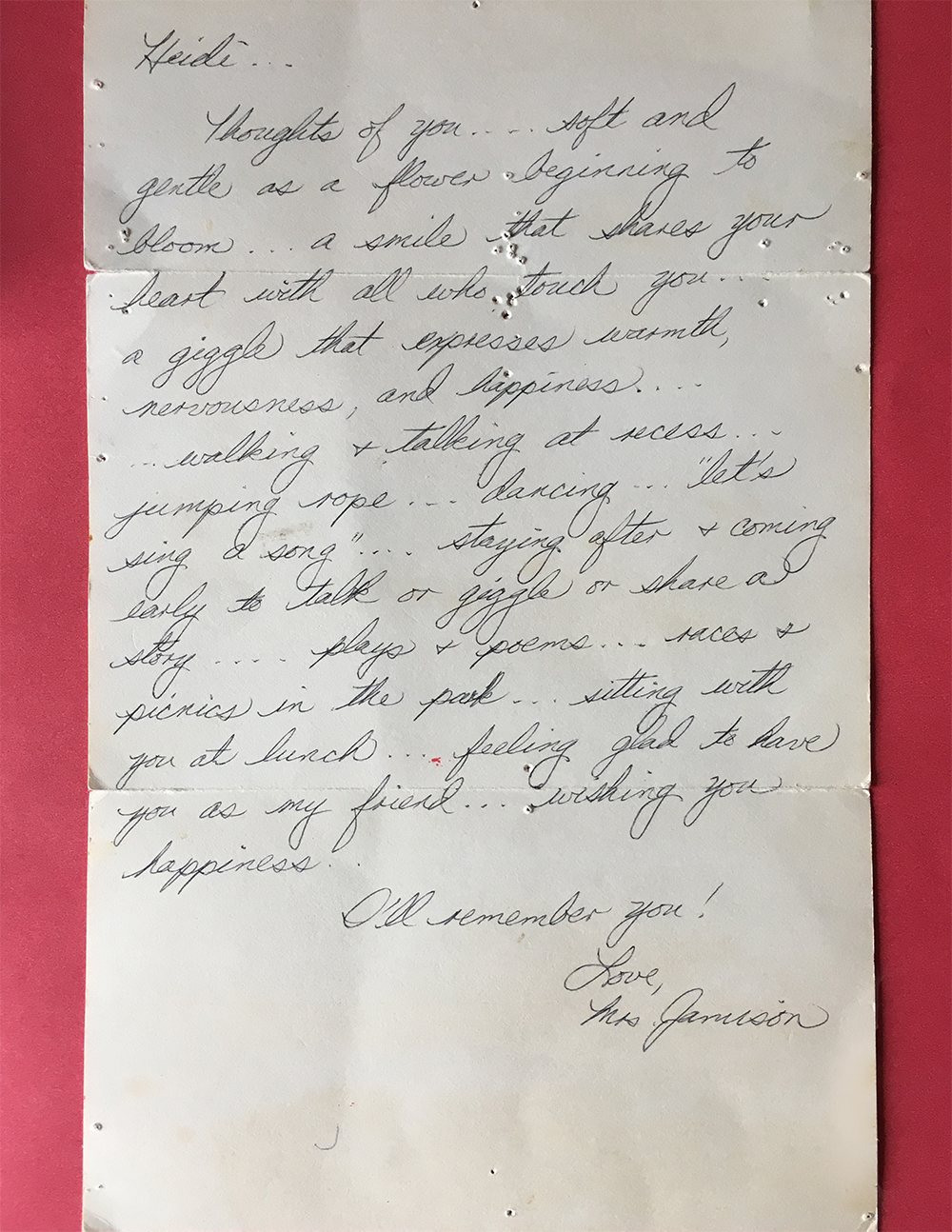
Heidi,
Thoughts of you ... soft and gentle as a flower beginning to bloom ... a smile that shares your heart with all who touch you ... a giggle that expresses nervousness, and happiness. Walking and talking at recess ... jumping rope ... dancing. "Let's sing a song." Staying after and coming early to talk or giggle or share a story ... plays and poems ... races and picnics in the park ... sitting with you at lunch ... feeling glad to have you as my friend ... wishing you happiness.
I'll remember you!
Love,
Mrs. Jamison.
Clearly, Mrs. Jamison got to know me as a person: my interests, my tendencies, my struggles. She provided a safe environment. She let me laugh and cry—all without judgment. She had a plan for my learning. She provided opportunities for leadership. She spent individual time with me in the classroom, at lunch and during recess. She gave me specific feedback that recognized my accomplishments.
All things that provided the perfect opportunity for growth.
As you look at the list, you can see how these things were intentionally planned to help me grow—strategies that look a lot like what adults need for development too.
No matter the age or stage, everyone needs a Mrs. Jamison. One human can have an impact. So, let's continue to think about not only employing these important strategies with children and youth, but how we can use them as leaders to build skills in ourselves, our colleagues, our adult students and our profession.
 Written by Heidi Ham, NAA Vice President of Programs and Strategy. Connect with Heidi on Twitter @ham_heidi.
Written by Heidi Ham, NAA Vice President of Programs and Strategy. Connect with Heidi on Twitter @ham_heidi.

